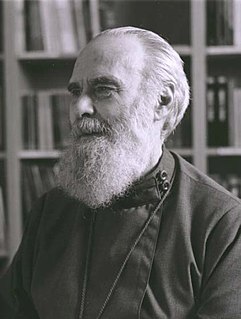A Quote by Oriana Fallaci
Alas, nothing reveals man the way war does. Nothing so accentuates in him the beauty and ugliness, the intelligence and foolishness, the brutishness and humanity, the courage and cowardice, the enigma.
Related Quotes
We hear in these days a great deal respecting rights--the rights of private judgment, the rights of labor, the rights of property, and the rights of man. Rights are grand things, divine things in this world of God's; but the way in which we expound these rights, alas! seems to me to be the very incarnation of selfishness. I can see nothing very noble in a man who is forever going about calling for his own rights. Alas! alas! for the man who feels nothing more grand in this wondrous, divine world than his own rights.
I never changed after that. I sought for nothing in the one great source of change which is humanity. And even in my love and absorption with the beauty of the world, I sought to learn nothing that could be given back to humanity. I drank of the beauty of the world as a vampire drinks. I was satisfied. I was filled to the brim. But I was dead. And I was changeless.
Analysis of rebellion leads at least to the suspicion that, contrary to the postulates of contemporary thought, a human nature does exist, as the Greeks believed. Why rebel if there is nothing permanent in oneself worth preserving? ... Rebellion, though apparently negative, since it creates nothing, is profoundly positive in that it reveals the part of man which must always be defended.
Oh my God, does art engender humanity? It awakens your humanity. But humanity has nothing to do with political theory. Political theory is in the interests of one group of humanity, or one ideal for humanity. But humanity-my heavens, that's what proper art renders. We have a paradox. Going into the deepest aspects of inner space connects you with something that is the most vital for the outer realm.
Unless we look at a person and see the beauty there is in this person, we can contribute nothing to him. One does not help a person by discerning what is wrong, what is ugly, what is distorted. Christ looked at everyone he met, at the prostitute, at the thief, and saw the beauty hidden there. Perhaps it was distorted, perhaps damaged, but it was beauty none the less, and what he did was to call out this beauty.

































